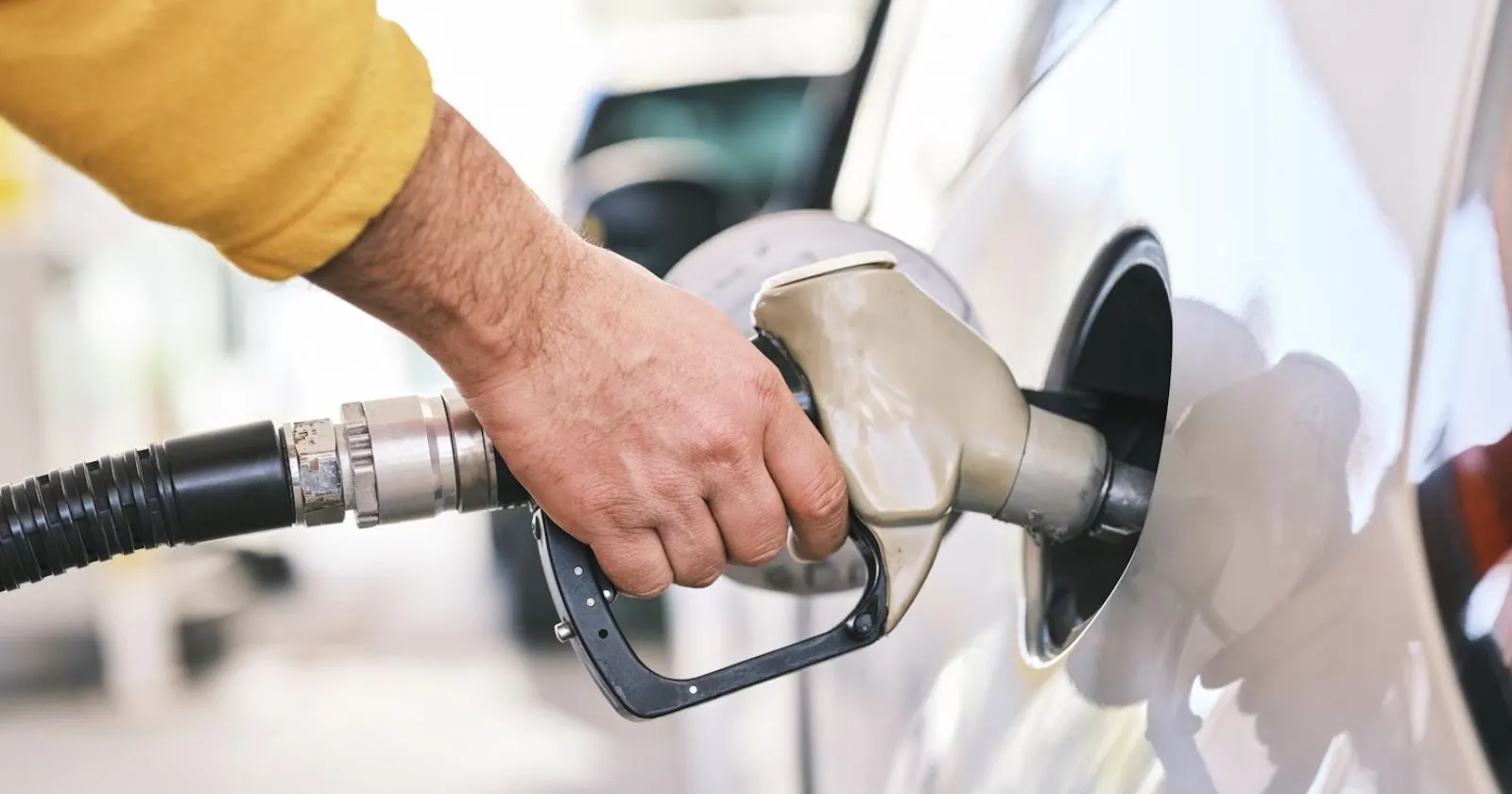
The LocalCircles survey included more than 36,000 responses from petrol vehicle owners spanning 323 districts through India.

Share Post

The LocalCircles survey included more than 36,000 responses from petrol vehicle owners spanning 323 districts through India.
The mandatory implementation of E20 petrol -- a fuel blend containing 20 per cent ethanol -- is proving burdensome for numerous old vehicle owners nationwide. According to Fresh research conducted by LocalCircles, the ethanol-blended petrol is diminishing fuel economy while driving up repair expenses for vehicles manufactured before 2023.
The research findings reveal that 8 out of every 10 owners of petrol-powered vehicles purchased in 2022 or earlier have experienced declining fuel efficiency during 2025. The proportion of affected owners has witnessed a dramatic escalation, climbing from 67 per cent in August to 80 per cent by October.
The LocalCircles survey included more than 36,000 responses from petrol vehicle owners spanning 323 districts through India. The respondent demographics showed 69 per cent male and 31 per cent female participation. Geographically, approximately 45 per cent of participants resided in Tier-I urban centres, 27 per cent in Tier-II cities, and 28 per cent in smaller municipalities and rural regions.
Following the April 2025 nationwide enforcement of E20 fuel standards, grievances regarding vehicle performance and fuel consumption have escalated substantially. Owners of automobiles and two-wheelers acquired prior to 2023 report heightened fuel usage despite official assurances that E20 poses no compatibility issues for all vehicle types.
Numerous users have documented their troubles through online platforms, detailing problems ranging from ignition failures to expensive engine overhauls attributed to the ethanol-blended fuel. In one notable incident, a Chennai-based luxury vehicle owner incurred repair bills approaching ₹4 lakh following engine breakdown caused by water contamination linked to E20 usage. Automotive repair professionals in multiple cities have documented a 40 per cent increase in fuel system-related complications since the April mandate.
Beyond diminished mileage, the survey data demonstrates that 52 per cent of petrol vehicle owners with pre-2023 purchases are encountering abnormal levels of component degradation or maintenance requirements in 2025, particularly affecting critical systems including engines, fuel delivery lines, storage tanks, and carburetors. This statistic has almost doubled from 28 per cent in August to 52 per cent in October.
The data indicates that continued E20 usage in older vehicles may be accelerating component deterioration beyond anticipated rates. Repair technicians have documented problems including fuel injector malfunctions, combustion irregularities in two-wheelers, and accelerated corrosion within fuel storage tanks.
Although government authorities have justified the E20 initiative as advancing cleaner energy objectives and improving agricultural incomes, many vehicle owners contend that the transition has financially disadvantaged middle-income consumers dependent on older vehicles.
Previous LocalCircles research indicated that more than half of surveyed respondents would endorse E20 fuel availability only under conditions of voluntary purchase and pricing reduced by 20 per cent.
Nissan Gravite: 5 Common Features It Misses Out
Acko Drive Team 18 Feb, 2026, 2:49 PM IST
Tesla Announces Production of First Fully Autonomous Cybercab for Taxi Operations
Acko Drive Team 18 Feb, 2026, 1:52 PM IST
Maruti Suzuki e Vitara Full Price List Leaked
Acko Drive Team 18 Feb, 2026, 11:39 AM IST
Most Indian Car Buyers Willing to Spend More on Advanced Tech, Software Features: Report
Acko Drive Team 18 Feb, 2026, 11:31 AM IST
Kia Seltos Hits 6 Lakh Sales In India: How It Stacks Up Against Hyundai Creta And Other SUVs
Acko Drive Team 18 Feb, 2026, 11:16 AM IST
Looking for a new car?
We promise the best car deals and earliest delivery!
